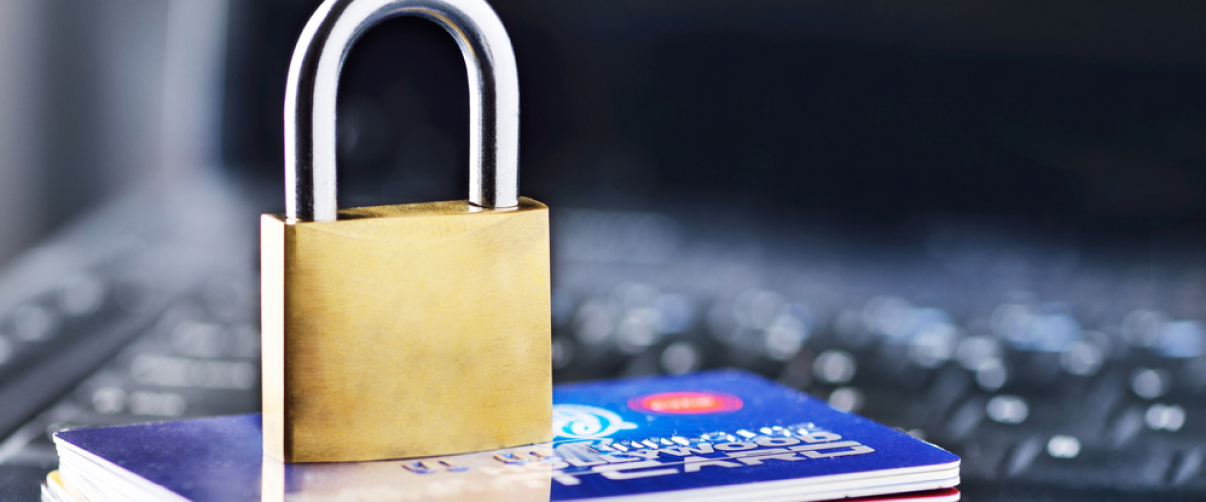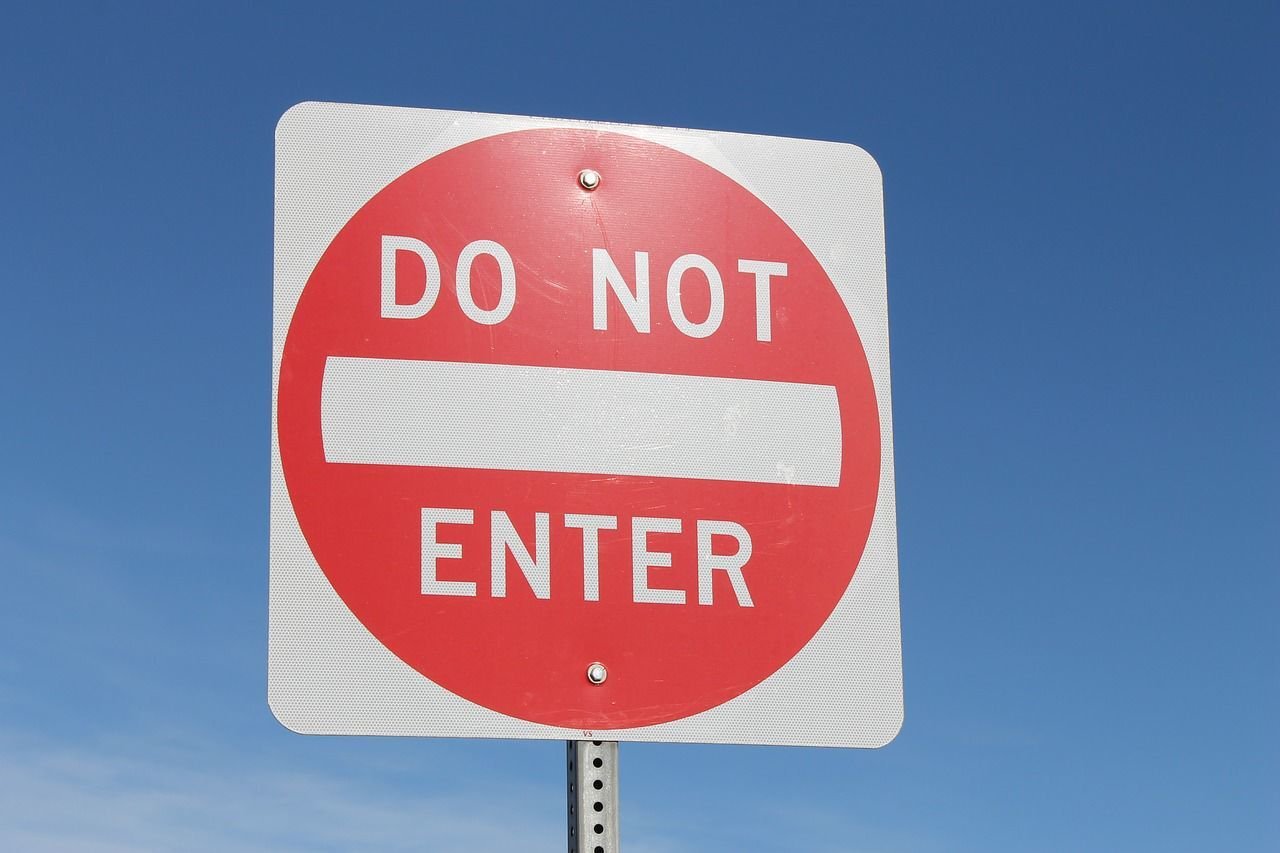In today’s digital age, credit card fraud has become a prevalent issue that can significantly impact your financial stability and peace of mind. With global losses from credit card fraud amounting to a staggering $32.04 billion in 2021, and projections indicating a rise to $38.5 billion by 2027, it’s more important than ever to take proactive steps to safeguard your financial information. Below are essential tips to help you protect yourself from credit card fraud and keep your personal information secure.
Protecting Yourself from Credit Card Fraud: Tips to Keep Your Information Safe

Stay Vigilant with Regular Monitoring
One of the most effective ways to detect and prevent credit card fraud is by regularly monitoring your financial statements and credit reports. By keeping a close eye on your accounts, you can quickly spot any unauthorized transactions or unfamiliar accounts opened in your name.
-
Check Monthly Statements: Reviewing your credit card statements each month helps you identify any fraudulent activities early on. Look for any transactions that you didn’t make and report them immediately to your card issuer.
-
Monitor Credit Reports: Regularly obtaining your credit reports from the major credit bureaus allows you to see if any new accounts have been opened without your consent. Set up fraud alerts to be notified of significant changes to your credit file.
Secure Your Cards and Personal Information
Protecting your physical cards and personal details is crucial in preventing unauthorized access.
-
Keep Cards Safe: Always keep your credit cards in a secure place and never lend them out. If you misplace a card, freeze it immediately via online banking or contact your card issuer to prevent unauthorized use.
-
Use Contactless Payments: Whenever possible, opt for contactless or mobile payment methods. These technologies often provide additional layers of security, such as tokenization and biometrics, reducing the risk of skimming devices capturing your card information.
-
Protect Your PIN: Shield your PIN when using ATMs or point-of-sale terminals. Be cautious of your surroundings to ensure no one is observing you enter your PIN.
Be Cautious Online
The internet is a common avenue for fraudsters to obtain sensitive information. Taking precautions while browsing and making transactions online can significantly reduce your risk.
-
Shop on Secure Websites: Only make purchases from websites that use encryption to protect your information. Look for “https://” at the beginning of the web address, indicating a secure connection.
-
Avoid Public Wi-Fi for Transactions: Public networks can be unsecured and may expose your data to hackers. Use a secure, private connection when conducting financial transactions.
-
Don’t Store Card Information Online: While it may be convenient, storing your credit card details on e-commerce sites increases the risk if those sites are compromised. Enter your information each time instead.
-
Beware of Phishing Scams: Be skeptical of unsolicited emails or messages asking for personal information. Phishing attacks are a common tactic used by fraudsters to trick you into revealing sensitive data.
Utilize Technology and Alerts
Leveraging technology can provide an extra layer of security for your credit cards.
-
Set Up Account Alerts: Many banks offer the option to receive alerts for suspicious activities or transactions exceeding a certain amount. Enable these notifications to stay informed in real-time.
-
Use Digital Wallets: Digital wallets like Apple Pay or Google Pay encrypt your card information, making transactions more secure. They use tokens instead of your actual card number during transactions. Embracing these technologies can add an additional safeguard.
-
Strong Passwords and Security Software: Use complex passwords for your online banking and shopping accounts. Keep your devices updated with the latest security software to protect against malware and viruses.
Respond Quickly to Suspicious Activity
If you suspect that your credit card information has been compromised, acting swiftly can mitigate potential damage.
-
Contact Your Card Issuer Immediately: Report any suspicious transactions or lost cards to your bank as soon as possible. This allows them to block your card and prevent further unauthorized use.
-
Lock Your Credit Reports: Consider placing a freeze or fraud alert on your credit reports with the major credit bureaus. This prevents new accounts from being opened in your name without verification. Locking your credit report adds an extra layer of protection.
-
Report to Authorities: File a report with local law enforcement and the Federal Trade Commission (FTC) if you experience fraud. This documentation can be crucial for resolving disputes and recovering losses.
Educate Yourself on Fraud Tactics
Understanding the methods used by fraudsters can help you recognize and avoid potential threats.
-
Stay Informed About Common Scams: Familiarize yourself with tactics like skimming, cloning, and phishing. Knowing how these scams operate empowers you to spot red flags.
-
Be Wary of Unsolicited Offers: If something seems too good to be true, it probably is. Be cautious of unexpected offers or requests for personal information.
-
Regular Training and Awareness: Continually educate yourself and your family members about cybersecurity best practices. Awareness is a critical component of prevention.
Collaborate with Financial Institutions
Working together with your bank or credit card issuer can enhance your security measures.
-
Leverage Bank Services: Many financial institutions offer tools and resources to help you protect your accounts. Engage with your bank to learn about the security features available to you.
-
Update Contact Information: Ensure your bank has your current contact details so they can reach you promptly in case of suspicious activity.
-
Review Bank Policies: Familiarize yourself with your bank’s fraud liability policies. Knowing the extent of your protection can guide your actions if fraud occurs.
Conclusion
Credit card fraud poses a significant threat, but by implementing these proactive strategies, you can greatly reduce your risk. Regular vigilance, securing your personal information, and leveraging available technologies are key components in protecting yourself. Remember, staying informed and prepared is your best defense against fraudsters aiming to compromise your financial well-being.
Take charge of your financial security today by applying these tips and staying alert to potential threats. Your proactive efforts can make all the difference in keeping your information safe and your mind at ease.











